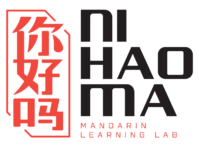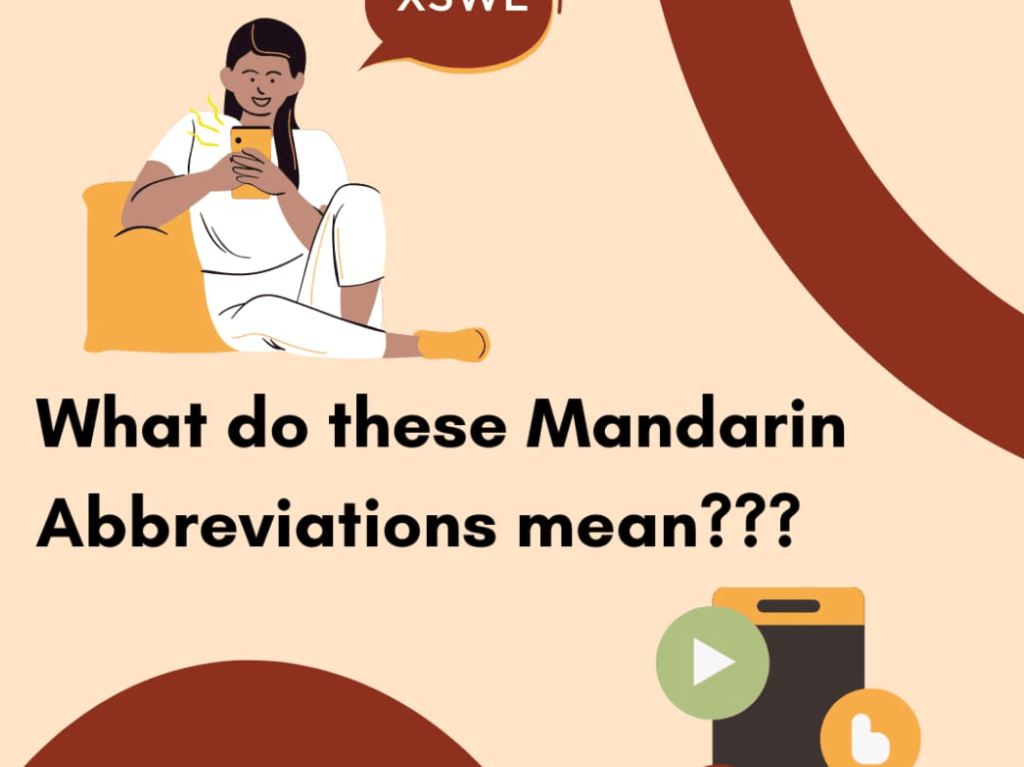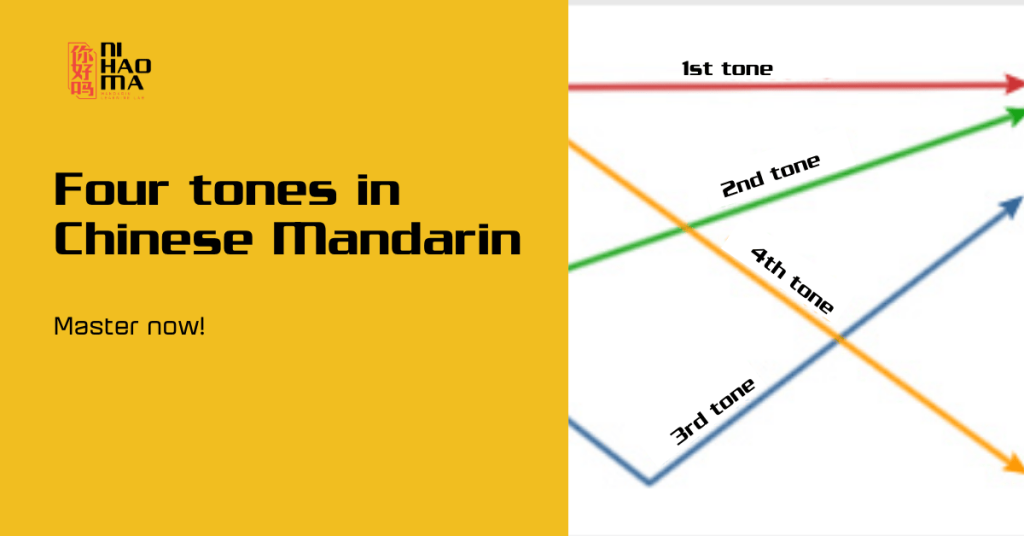Ever wondered how to choose the perfect gift or offer birthday wishes in Chinese? Gift-giving is more than just exchanging presents; it’s a way to express affection and care. To help you feel more confident in your interactions with Chinese friends, let’s dive into the essential vocabulary for gifts in this article!
Vocabulary for Different Types of Gifts
When expressing your feelings, gifts are a wonderful choice. Chinese has a rich vocabulary to describe various types of presents. Here are some common terms:
- 礼物 (lǐwù): Gift, present (general term)
- 赠品 (zèngpǐn): Freebie, promotional gift
- 赠物 (zèngwù): Gift, present
- 鲜花 (xiānhuā): Fresh flowers
- 巧克力 (qiǎokè lì): Chocolate
- 书 (shū): Book
- 玩具 (wánjù): Toy
- 衣服 (yīfú): Clothing
- 食品 (shípǐn): Food
- 纪念品 (jìniànpǐn): Souvenir
- 手工艺品 (shǒugōngyìpǐn): Handicraft
- 化妆品 (huàzhuāngpǐn): Cosmetics
Verbs Related to Giving and Receiving Gifts
Tuyệt vời! Bạn đã cung cấp một đoạn văn tiếng Việt rất hay về các động từ liên quan đến việc tặng và nhận quà trong tiếng Trung. Để giúp bạn dịch sang tiếng Anh một cách chính xác và đầy đủ, mình sẽ cung cấp bản dịch kèm theo pinyin và chữ Hán, đồng thời giải thích thêm về ngữ cảnh sử dụng của từng động từ:
Verbs Related to Giving Gifts:
- 送 (sòng): To give, to present
- Example: 我送你一束花。 (Wǒ sòng nǐ yī shù huā.) – I give you a bouquet of flowers.
- 给 (gěi): To give, to provide
- Example: 我给你买了一个礼物。 (Wǒ gěi nǐ mǎi le yīgè lǐwù.) – I bought a gift for you.
- 赠 (zèng): To present (formal)
- Example: 赠送好友一本纪念册。 (Zèngsòng hǎoyǒu yī běn jìniàncè.) – To present a friend with a souvenir album.
Verbs Related to Receiving Gifts:
- 收 (shōu): To receive
- Example: 我收到了你的礼物。 (Wǒ shōu dào le nǐ de lǐwù.) – I received your gift.
- 得 (dé): To receive (often used in negative or interrogative sentences)
- Example: 你得了一份什么礼物? (Nǐ dé le shénme lǐwù?) – What gift did you receive?
- 拿 (ná): To take, to hold
- Example: 你拿这个礼物吧。 (Nǐ ná zhè ge lǐwù ba.) – Please take this gift.

Other Related Verbs:
- 包装 (bāozhuāng): To wrap a gift
- 选择 (xuǎnzé): To choose a gift
- 拆 (chāi): To open a gift
Humble Phrases for Giving and Receiving Gifts
Accompanying the act of gift-giving are polite phrases that demonstrate humility from both the giver and receiver.
When giving a gift, Chinese people often use phrases like: “This is just a small token of my appreciation, please don’t mind if it’s not much”, or “This is just a small token of my sincerity.”
These phrases convey humility and indicate that the giver doesn’t expect anything in return.
Conversely, when receiving a gift, Chinese people pay close attention to their words of gratitude. Common phrases include: “Thank you very much.” or “You’re too kind.”
These expressions show gratitude and humility.
Using these phrases not only creates a friendly and polite atmosphere but also demonstrates an understanding of Chinese communication culture.
Here are some specific phrases with their pinyin and meanings:
- 太客气了 (tài kèqì le): You’re too polite.
- 你太客气了 (nǐ tài kèqì le): You’re too polite.
- 太破费了 (tài pò fèi le): You spent too much.
- 不用这么客气的 (bù yòng zhème kèqì de): You don’t have to be so polite. (A response to a thank you)
- 真是太感谢你了 (Zhēnshì tài gǎnxiè nǐle): Thank you so much.
- 你太有心了。 (Nǐ tài yǒuxīn le.) You’re so thoughtful.
Idioms Related to Gift-Giving
The significance of gift-giving is incredibly diverse and rich, varying across different regions, ethnic groups, and occasions. In some areas, gifts are more than just physical objects; they carry deep symbolic meanings related to affection, respect, and blessings. For instance, during festive holidays, presenting gifts to grandparents and parents not only expresses gratitude but also serves as a way to wish for the family’s peace and happiness.
Similarly, at weddings, gifts are seen as blessings for the newlyweds to enjoy a happy marriage. Due to this diversity, when giving gifts, it’s essential to thoroughly understand the recipient’s culture to select an appropriate gift and genuinely express your sentiments.
The following idioms can help you become more sophisticated in gift-giving and receiving situations. When using these idioms, pay attention to the context and your relationship with the other person to choose the most suitable phrase.
- 投桃报李 (tóu táo bào lǐ): To give a peach in return for a plum (meaning to reciprocate a favor). Often used to describe returning a kindness.
- 礼尚往来 (lǐ shàng wǎng lái): Courtesy calls for reciprocity (meaning to give and receive gifts as a social norm).
- 礼轻情意重 (lǐ qīng qíng yì zhòng): The gift may be small, but the sentiment is deep.
- 无功不受禄 (wú gōng bù shòu lù): One cannot accept a gift without a corresponding merit. Often used to decline a large gift when feeling undeserving.
Example Dialogues about Giving Gifts
Building dialogues can help you practice your communication skills and apply vocabulary to real-life situations. Here are two sample dialogues about giving gifts that you can refer to and customize to fit your own conversational situations:
Dialogue 1:
- A: 生日快乐!我给你准备了一份小礼物,希望你喜欢。 (Shēngrì kuàilè! Wǒ gěi nǐ zhǔnbèi le yī fèn xiǎo lǐwù, xīwàng nǐ xǐhuān.) Happy birthday! I prepared a small gift for you, I hope you like it.
- B: 哇,太谢谢你了!你太客气了。不过,你不用这么破费的。 (Wa, tài xièxiè nǐ le! Nǐ tài kèqì le. Búguò, nǐ bù yòng zhème pò fèi de.) Wow, thank you so much! You’re too kind. But you didn’t have to spend so much.
- A: 不客气,你喜欢吗? (Bù kèqì, nǐ xǐhuān ma?) You’re welcome, do you like it?
- B: 非常喜欢,太喜欢了! (Fēicháng xǐhuān, tài xǐhuān le!) I like it very much, I love it!
Dialogue 2:
- A: 你最近有什么特别想要的吗? (Nǐ zuìjìn yǒu shénme tèbié xiǎng yào de ma?) Is there anything special you want lately?
- B: 嗯…我最近想买一本新的小说,但一直没时间去书店。 (Èn… Wǒ zuìjìn xiǎng mǎi yī běn xīn de xiǎoshuō, dàn yīzhí méi shíjiān qù shūdiàn.) Um… I want to buy a new novel lately, but I haven’t had time to go to the bookstore.
- A: 太好了,我刚好知道有一家书店新进了一批书,我帮你买一本吧。 (Tài hǎo le, wǒ gāng hǎo zhīdào yǒu yī jiā shūdiàn xīn jìn le yī pī shū, wǒ bāng nǐ mǎi yī běn ba.) Great, I just know there’s a bookstore that just got a new batch of books, I’ll buy one for you.
- B: 太感谢你了!你真是我的好朋友。 (Tài gǎnxiè nǐ le! Nǐ zhēn shì wǒ de hǎo péngyǒu.) Thank you so much! You’re truly my good friend.
Conclusion
Learning vocabulary is a long journey that requires perseverance and consistent practice. Try applying these new words to real-life situations, such as chatting with friends, writing in a journal, or participating in Chinese learning forums and interacting with native speakers to help you remember them for the long term.
At Ni Hao Ma, we offer courses taught by experienced native-speaking teachers to help you practice daily conversations, strengthen your vocabulary, and quickly achieve your Chinese learning goals. With our modern teaching methods and friendly learning environment, Ni Hao Ma is sure to be your trusted companion on your journey to mastering Chinese. Contact Ni Hao Ma now for free consultation.



